What RPG that isn't by BioWare feels the most like a BioWare RPG?
We're looking for something to fill a very specific gap.
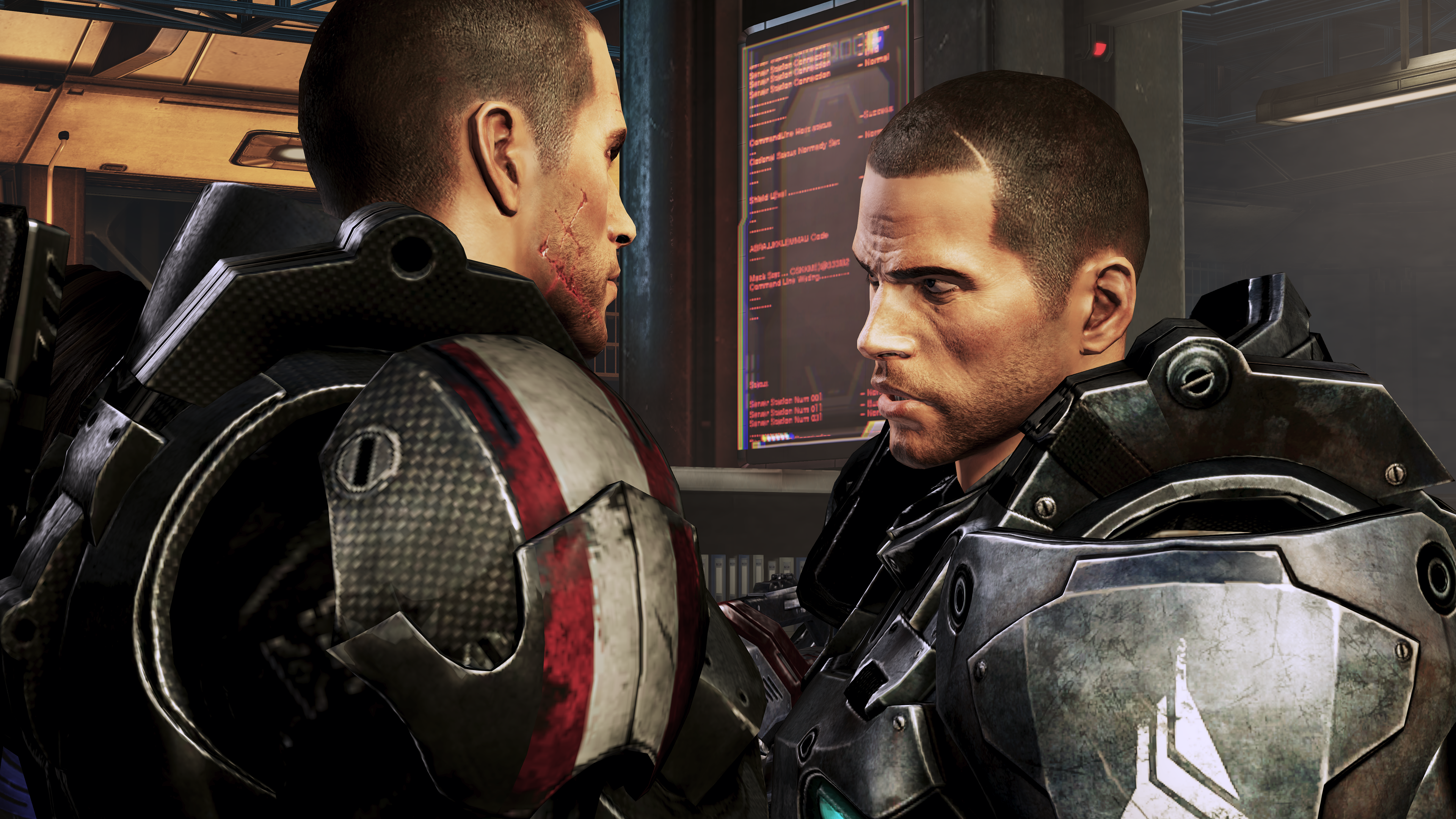
Find all previous editions of the PCG Q&A here. Some highlights:
- What hardware do you regret buying?
- What's the last game that felt truly next-gen to you?
- Where should Mass Effect go next?
We all miss Old BioWare, and now that we've seen several seconds of exciting cinematics advertising BioWare's next entries in the Mass Effect and Dragon Age series, we're cautiously wondering whether to engage the optimism engines and power the hope turbines up to speed.
In the meantime, have you found any other games that have filled the gap in your life for dialogue-heavy party-based RPGs that probably have moral choices and the option to befriend and/or bang your companions?
What RPG that isn't by BioWare feels the most like a BioWare RPG?
Here are our answers, plus a few from our forum.
Andy Chalk: Maybe this one is too obvious, but with a few tweaks to the characters and setting, Pillars of Eternity could easily pass for a Baldur's Gate game. The first time I fired it up, I was absolutely floored by how it took me back to the glory days of hand-painted backgrounds, detailed party management, over-serious voice acting, and "classic" fantasy roleplaying. To me, that's the seminal BioWare experience: KOTOR and Mass Effect were great, but neither held a candle to the purity of the D&D experience found in the Baldur's Gate saga. (Dragon Age was thin gruel by comparison.) Getting a fresh taste of that was magical. Sadly, Pillars doesn't quite hold up over the long run—the world is too sparse, the story too thin—but the rush of joy I felt as I dug into it is hard to overstate.
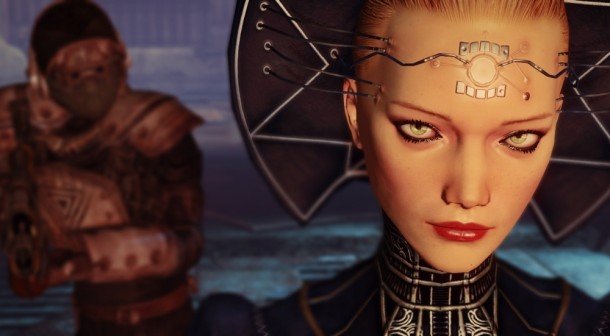
Robin Valentine: I have a bit of an irrational soft spot for Spiders' games—I've not played too much of Greedfall, but I got quite sucked into Bound By Flame and Mars War Logs. They're janky and awkward, and very much live in the shadow of past BioWare games, but I find them really charming. Part of that is their sheer ambition—I've got far more love for mid-tier games trying to punch above their weight than AAA titles playing it bland and safe.
But they've also got a bit of an edge to them that I think makes them stand out. By virtue of being smaller, lower budget projects, they're able to take big risks and just overall be much weirder and, often, bleaker than the mainstream titles they ape. Sometimes a game can be a 6 or 7 out of 10 and still stick in your mind far more strongly than any amount of 8s or 9s.
The biggest gaming news, reviews and hardware deals
Keep up to date with the most important stories and the best deals, as picked by the PC Gamer team.
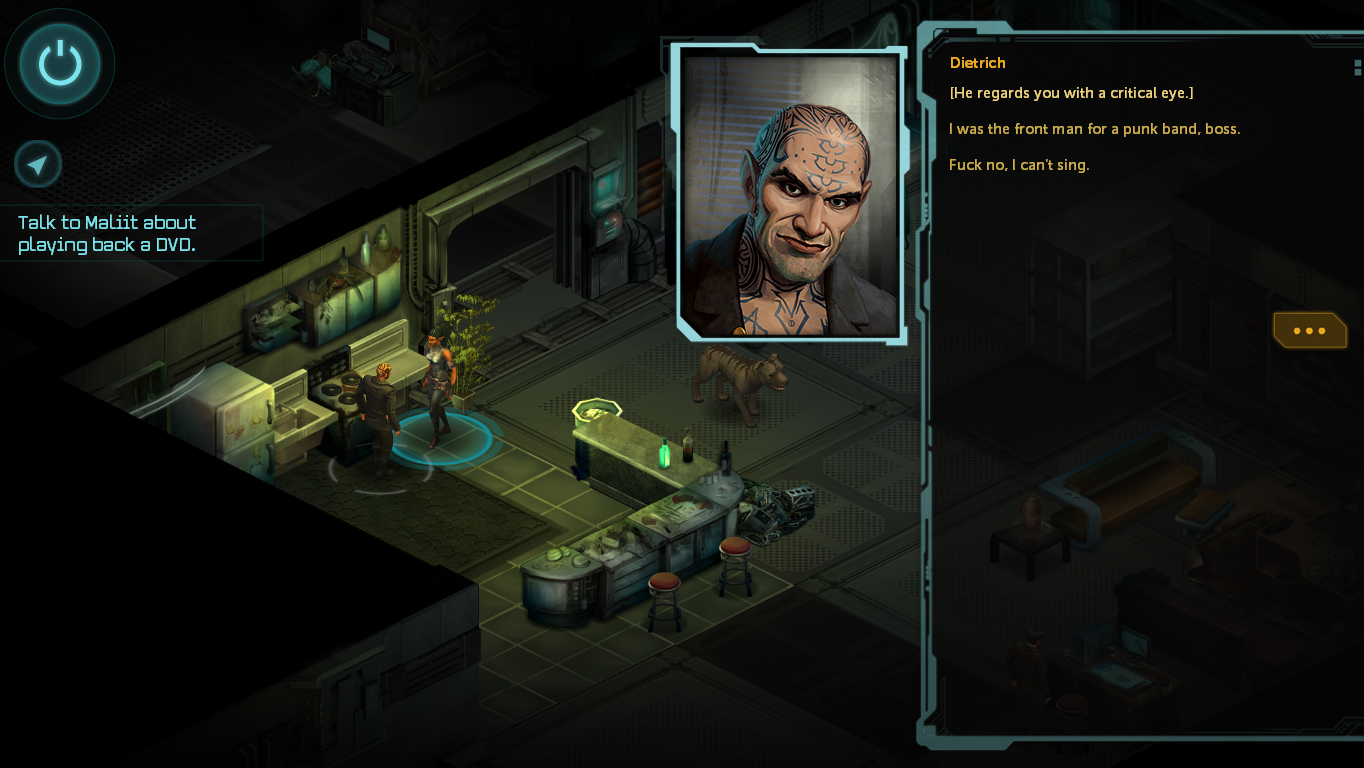
Jody Macgregor: My favorite part of Baldur's Gate 2 is when you're exploring in and around the city of Athkatla, searching for Imoen and building up your party of adventurers. It's cleverly structured so the information you need is withheld until you can afford to pay for it, meaning you have to run side gigs for cash. You pause the main story and do the companion storylines and any random quest that catches your eye like you'd be doing anyway, only it makes sense for once.
Shadowrun: Dragonfall hijacks that structure and makes it the majority of the game instead of just chapter two. Sure, it's set in cyberpunk Berlin rather than the Forgotten Realms, but it's still about getting to know your band of specialists and helping out the NPCs of whichever local factions you feel philosophically aligned with until you earn the coin to pay off an information broker.
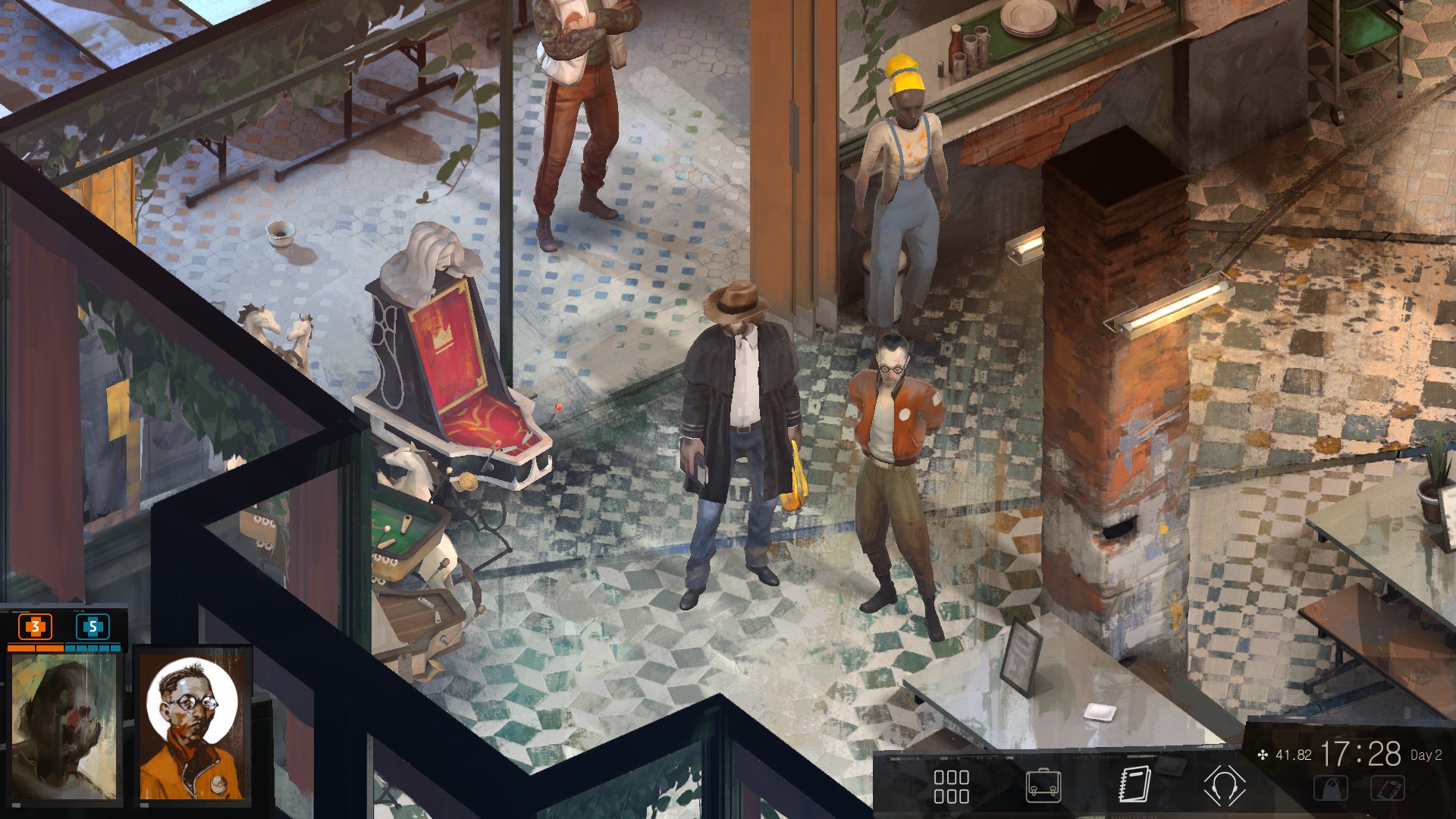
Rich Stanton: I found Disco Elysium slotting into that part of my brain which adores long and detailed NPC interactions and prevaricating over text boxes for an inordinate amount of time. That game's world and writing are so rich that I was enraptured by the minutiae, cared far more about decisions than I probably should have, and rarely got the outcome I expected. For me that's hitting some similar notes to what I enjoyed most about KOTOR, Baldur's Gate 2 and to some extent Mass Effect. A sense that not only did my choices have consequences, but that I wasn't able to predict the outcomes, and sometimes they'd blow me away.
Wes Fenlon: When I think about the era of 3D BioWare RPGs—Knights of the Old Republic through Mass Effect and Dragon Age—I think of games that, today, feel very basic. Straightforward. BioWare was early to making RPGs with more "immersive" over-the-shoulder conversations, and quests rooted in character more than MacGuffins. But they also built games that were largely light & dark in terms of morality, with simplistic paths through the story and writing that were serviceable more than memorable. Over time, the shine has come off their games, while more thoughtful RPGs (like Obsidian's KotOR 2) have stuck with me. Here at the end of 2020, I don't think it makes sense to pine for games that feel like BioWare RPGs. Because the truth is, we have better.
Disco Elysium is the RPG to play if you want a modern Planescape Torment, a game that thrives on writing alone. If you crave a classic fantasy setting, there are probably 20 great sidequests in The Witcher 3 you still haven't done even if you've played it before, while Divinity: Original Sin 2 has great character stories with a similarly playful tone to classic BioWare (and fare more interesting and nuanced choices). Mass Effect is perhaps the hardest to replace, but if you like sci-fi that actually makes you think, that takes your characters in directions you couldn't possibly have predicted, and is very horny, play Nier: Automata. That's an experience you won't soon forget.
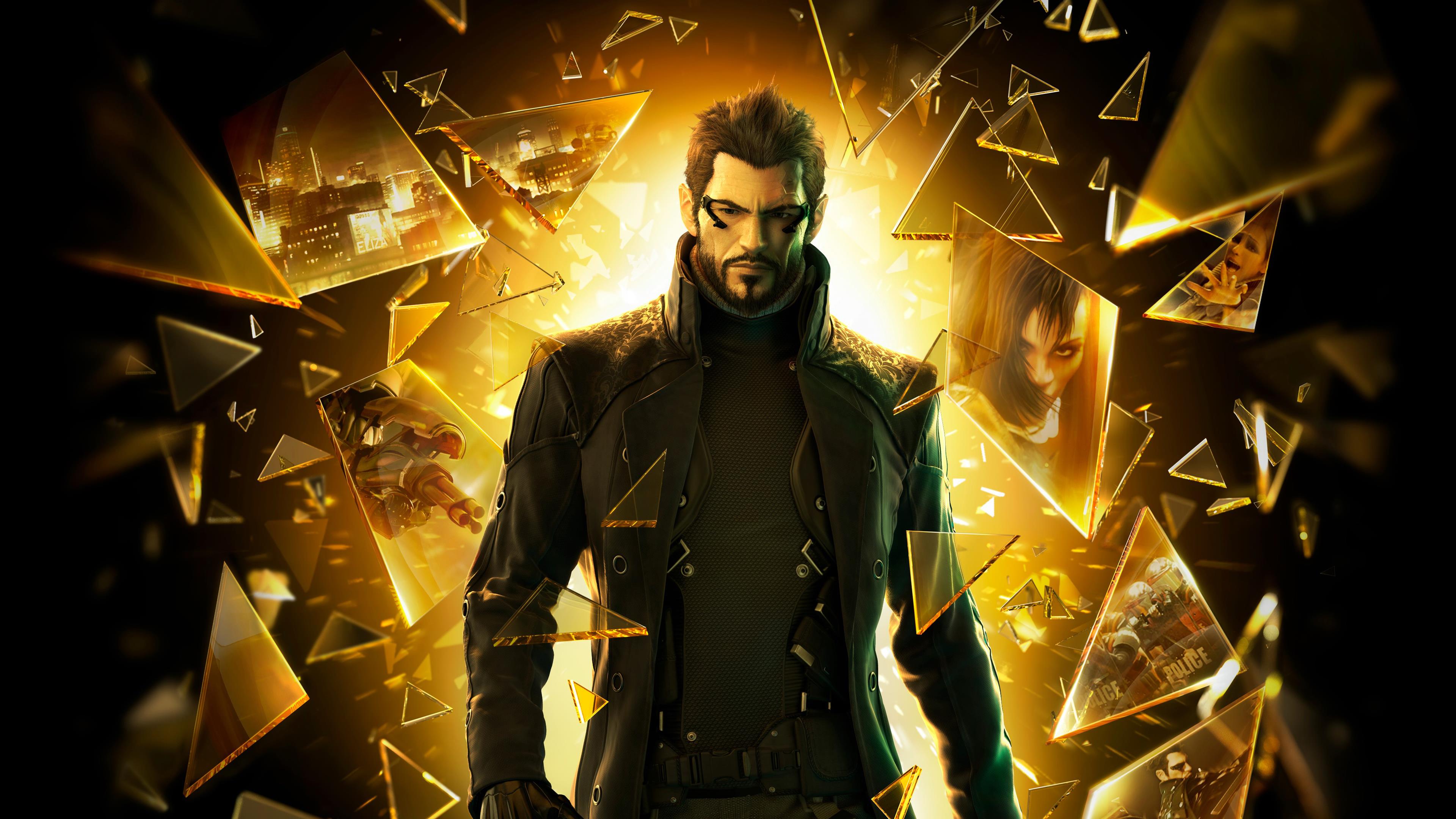
Morgan Park: Both 2010s Deus Ex games are basically BioWare RPGs filtered through an immersive sim. Adam Jensen's relationships aren't as malleable as they are in Mass Effect, but conversations carry as much (if not more) weight in the story. As an augmented super-spy, Jensen is constantly trying to thread the needle between assertive, sensitive, and deceitful to get what he needs. I love how often entire quests or conflicts can be solved with a silver tongue. Even with fancy arm blades and super strength, Jensen isn't a one-man-army like Commander Shepard. It's easy to get caught in a bind that guns can't untangle, often forcing the player to pay close attention to dialogue, decipher intentions, or poke around computer terminals to nab info another way. You can even invest in the Social Enhancer augment that determines a character's personality type and unlocks unique dialogue options. They're damn cool RPGs that give me major BioWare vibes.
Alan Dexter: I have never played a BioWare RPG, so I've no idea how to replace it. Will WoW do? I've been playing a lot of Shadowlands and that's an RPG. Must be the same. (You can start throwing stones and kink-shaming me now.)
From our forum
Zloth: For current developers, I would say it's a tie between Owlcat and Larian. DTP's Drakensang games fit very well, too, without going back to the isometric look but I haven't heard a peep out of DTP in almost a decade now.
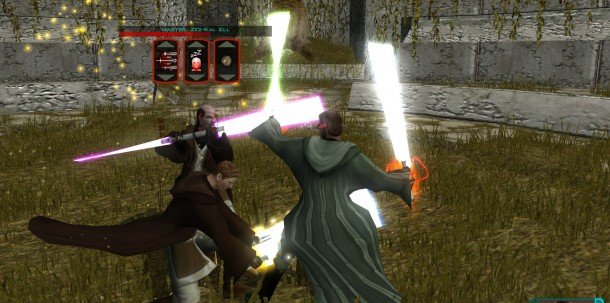
Scaramouche: Well, KOTOR 2 of course. But that's a bit of a boring answer, since it's a direct sequel to a BioWare game. Obsidian did make more games that were BioWare-ish. Alpha Protocol and the Outer Worlds come to mind. The latter - while more reminiscent of Fallout - because of the companions.
I think what make BioWare games so beloved among other RPG's is the interaction with companions. While the romance stuff got stuck on a level that's a bit cringy for today's standards, that social dynamics with your party members still make BioWare games unique. The Citadel DLC for Mass Effect 3 was the pinnacle of that. And I think no other game ever came close.
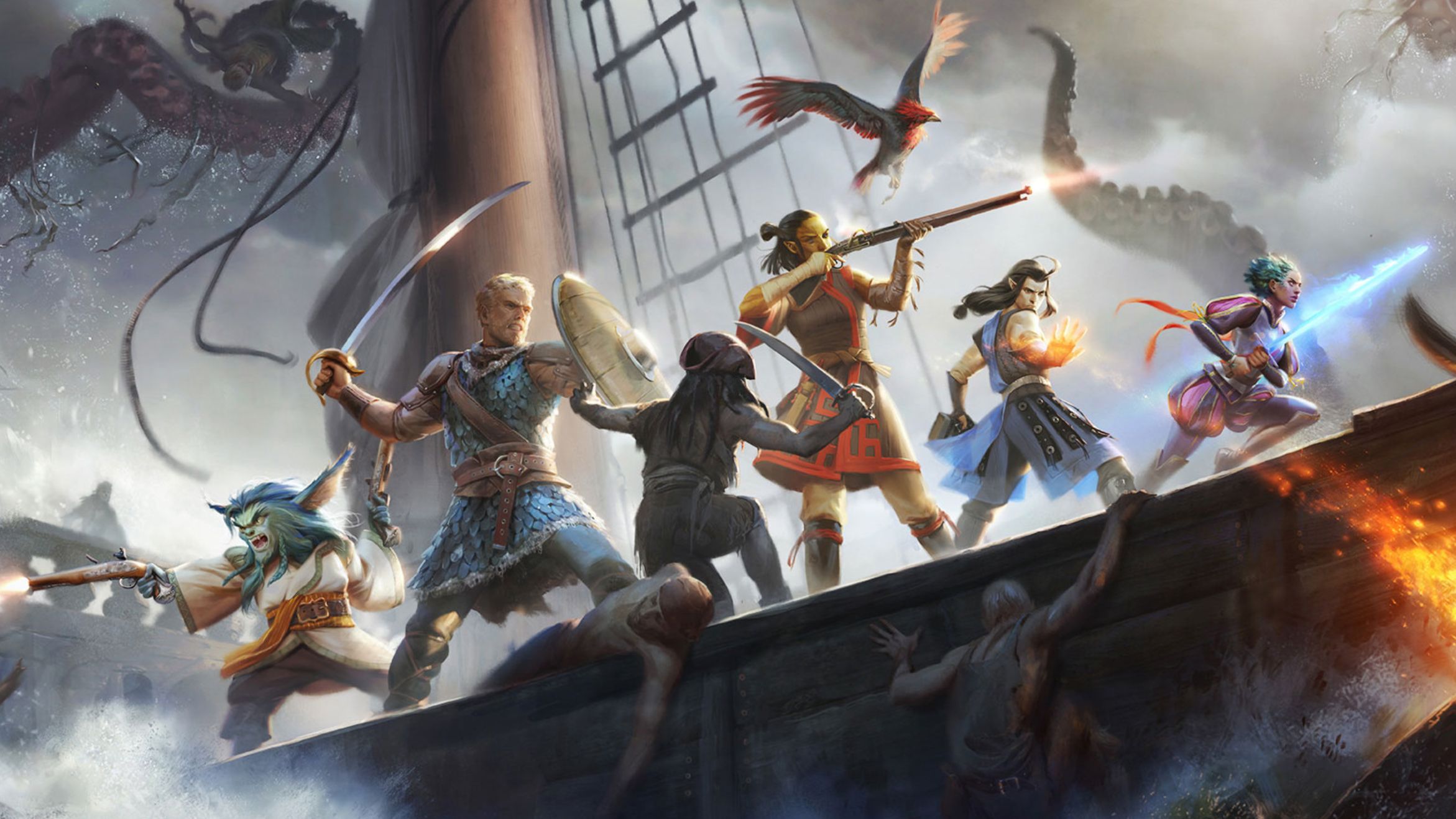
Sarafan: If we're talking about really old BioWare, then it's Obsidian and Pillars of Eternity series. I think that Baldur's Gate 2 is one of the best RPGs in history of gaming. It's a model example, how you should develop an isometric RPG. We haven't seen too many games, which got close to BG2 quality. One of the exceptions is Pillars of Eternity. Both PoE games are isometric, have a very good main plot (it's even better than the one BG2 has to offer!) and quality side quests. The relations with followers are complex and well-written. Also combat is very close to its predecessor. PoE games rely on a real time with pause system, which is based on turns just like in BG2. If there's a fan of BG2 out there who hasn't played PoE, he should change that right away!
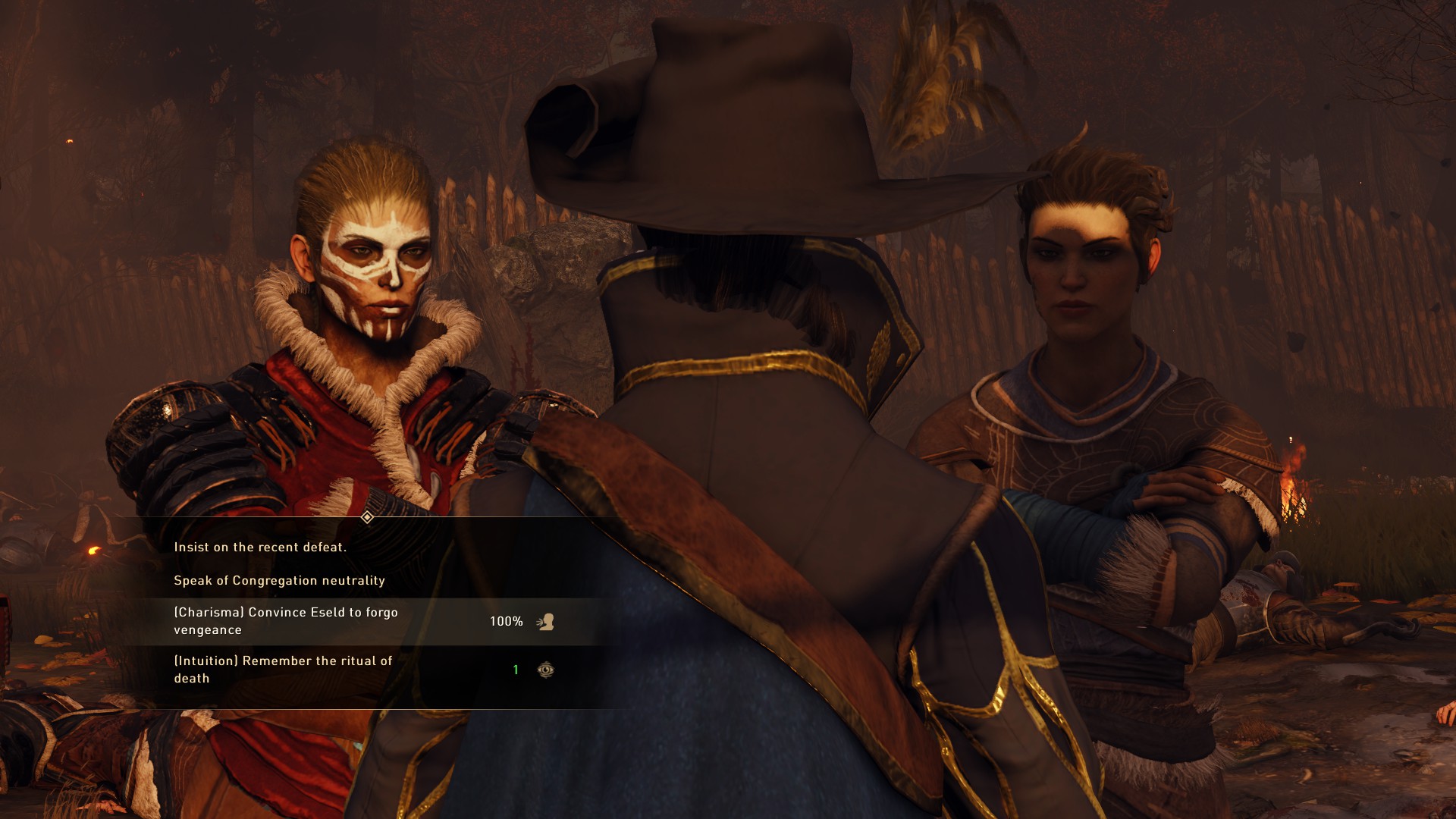
mainer: Bioware games have always been my favorites over the years, as I love the complexity of dealing with a group of companions with different personalities and goals and working with , and sometimes loving, them throughout the story. No one did it better than Bioware of old.
Of recent games, Pillars of Eternity 1, and POE2: Deadfire come close to the old Baldurs Gate games. Another under rated game was Greedfall that had some complex character interactions & relationships that are close to the ones in Dragon Age & Mass Effect.

Jody's first computer was a Commodore 64, so he remembers having to use a code wheel to play Pool of Radiance. A former music journalist who interviewed everyone from Giorgio Moroder to Trent Reznor, Jody also co-hosted Australia's first radio show about videogames, Zed Games. He's written for Rock Paper Shotgun, The Big Issue, GamesRadar, Zam, Glixel, Five Out of Ten Magazine, and Playboy.com, whose cheques with the bunny logo made for fun conversations at the bank. Jody's first article for PC Gamer was about the audio of Alien Isolation, published in 2015, and since then he's written about why Silent Hill belongs on PC, why Recettear: An Item Shop's Tale is the best fantasy shopkeeper tycoon game, and how weird Lost Ark can get. Jody edited PC Gamer Indie from 2017 to 2018, and he eventually lived up to his promise to play every Warhammer videogame.

